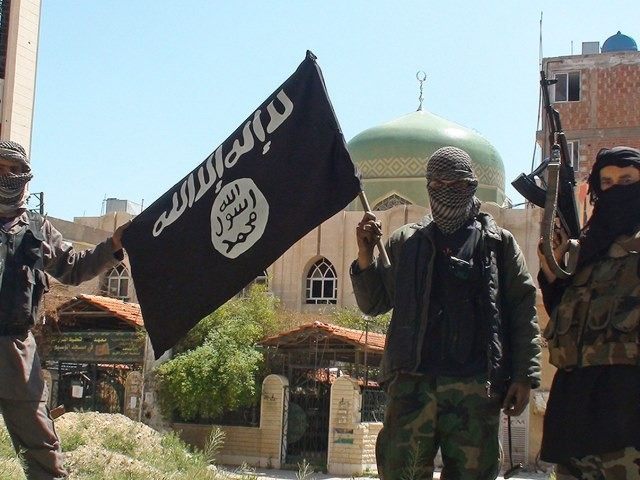
Less than two months ago, ISIS was driven from its last redoubt, the isolated farming area of Baghouz in eastern Syria. With Iraq having declared victory over the group in 2017, this moment marked the end of the so-called caliphate it had once sought to establish across both countries, like reported by thenational.ae. However, on Saturday, it reared its head once more, claiming responsibility for a horrific attack, in which nine soldiers were killed. The group struck a Libyan National Army training camp located in the south-western city of Sebha, issuing a stark reminder of the threat it poses in this fractured and febrile nation.
Since the fall of Muammar Qaddafi in 2011, Libya has been divided. The country’s eastern regions are ruled by the perilously weakened UN-backed Government of National Accord, led by Prime Minister Fayez Al Sarraj. The west and parts of the south are in the hands of the Libyan National Army, headed by Field Marshal Khalifa Haftar. Powerful militias, formed along ethnic and regional lines, operate openly across the country. In Tripoli, the GNA has delegated security to such groups, bringing a culture of fear to the capital. Adding to the burden of ordinary Tripolitans, the city also became a battleground for both governments last month, when the LNA launched an offensive to retake it and wipe out extremist factions.
This turbulent environment is the perfect breeding ground for an organisation such as ISIS, which has been allowed to linger in Libya, after its reported defeat by militias loyal to Mr Al Sarraj in 2016. However, the group simply withdrew to the south-western desert, where Sebha is located. In January, Field Marshal Haftar’s forces took control of this area, but it is now obvious that the battle against ISIS is far from over.
Just last month, the group launched an attack on the town of Fuqaha in central Libya, which claimed the lives of two people. In fact, since the final loss of its Syrian territory, ISIS and its affiliates have carried out an ongoing campaign of violence. In a propaganda video released last Monday, the group’s reclusive leader Abu Bakr Al Baghdadi spoke about Libya specifically, congratulating the perpetrators of attacks in the country. He also boasted about pledges of allegiance from several African terror groups and claimed the Sri Lanka Easter Sunday attacks, which killed 253 people. Evidently, he has not given up on his ambitions to control a feared global organisation. The situation in Libya is precarious and it is clear that the GNA’s attempts to dislodge ISIS have failed. Libya’s beleaguered citizens deserve much better than to have their country become a base for violent extremists and this outcome must be avoided at all costs.


